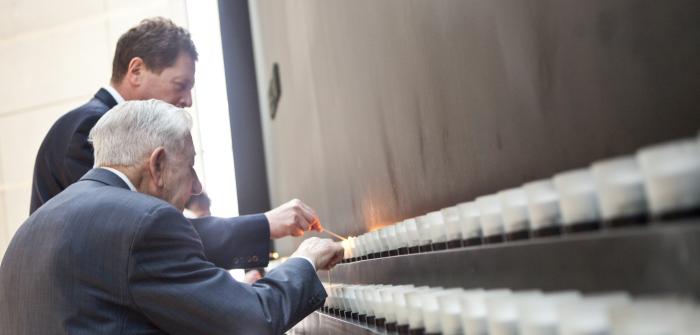
Holocaust is the genocide that resulted in the annihilation of six million European Jews as well as millions of others by the Nazi regime. The day was designated by the United Nations General Assembly Resolution on November 1, 2005. The Resolution establishing January 27 as International Holocaust Remembrance Day urges every member nation of the U.N. to honor the memory of Holocaust victims, and encourages the development of educational programs about Holocaust history to help prevent future acts of genocide. It rejects any denial of the Holocaust as an event and condemns all manifestations of religious intolerance, incitement, harassment or violence against persons or communities based on ethnic origin or religious belief.
January 27 is the date, in 1945, when the largest Nazi death camp (Auschwitz-Birkenau), was liberated by Soviet troops. This camp was a network of Nazi concentration and extermination camps built and operated by the Third Reich in Polish areas annexed by Nazi Germany during World War II. It was the largest of the German concentration camps. The gas chambers of Birkenau were blown up by the SS in an attempt to hide the German crimes from the advancing Soviet troops. The SS command sent orders on January 17, 1945 calling for the execution of all prisoners remaining in the camp, but in the chaos of the Nazi retreat the order was never carried out. On January 17, 1945, Nazi personnel started to evacuate the facility.

 The scene takes place in the synagogue of Nazareth on a Sabbath day. It is the time to read a passage of the sacred text. As any adult man can do, Jesus takes the scroll and starts reading a text from the prophet Isaiah (Is.61:1-2). Today’s gospel (Luke 1:1-4; 4:14-21) tells us that “All eyes were fixed on him”. Jesus read the first verse, and the second… What followed was … unexpected, unforeseen, in fact, quite shocking!
The scene takes place in the synagogue of Nazareth on a Sabbath day. It is the time to read a passage of the sacred text. As any adult man can do, Jesus takes the scroll and starts reading a text from the prophet Isaiah (Is.61:1-2). Today’s gospel (Luke 1:1-4; 4:14-21) tells us that “All eyes were fixed on him”. Jesus read the first verse, and the second… What followed was … unexpected, unforeseen, in fact, quite shocking!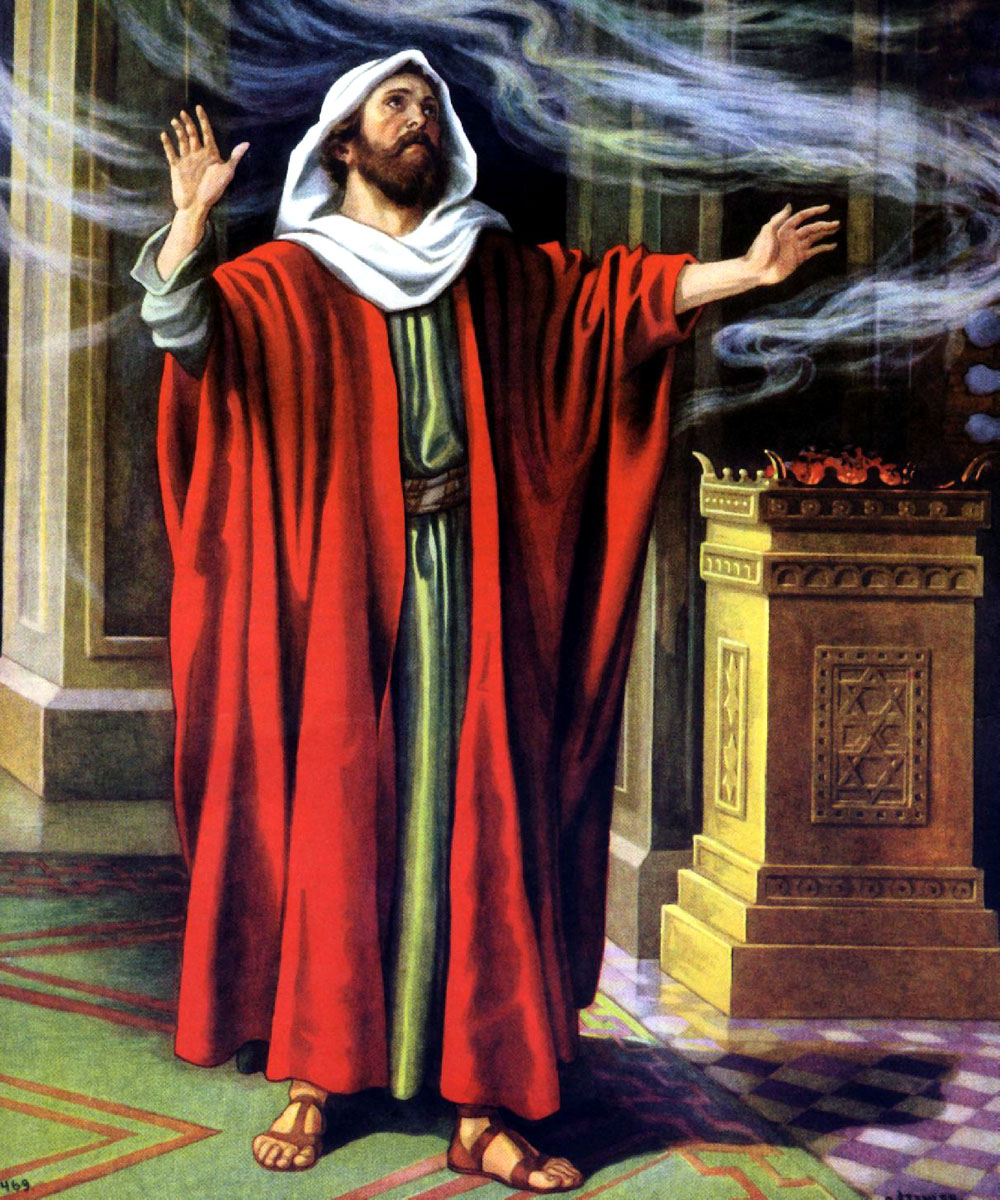
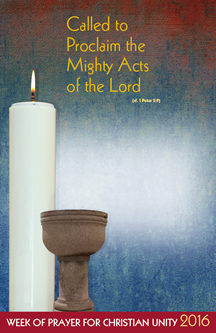
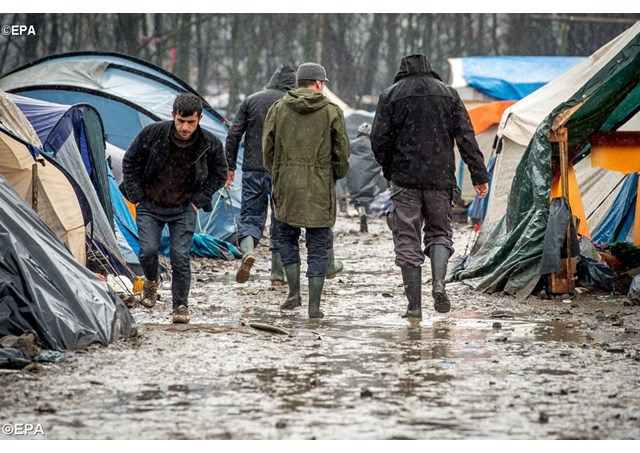
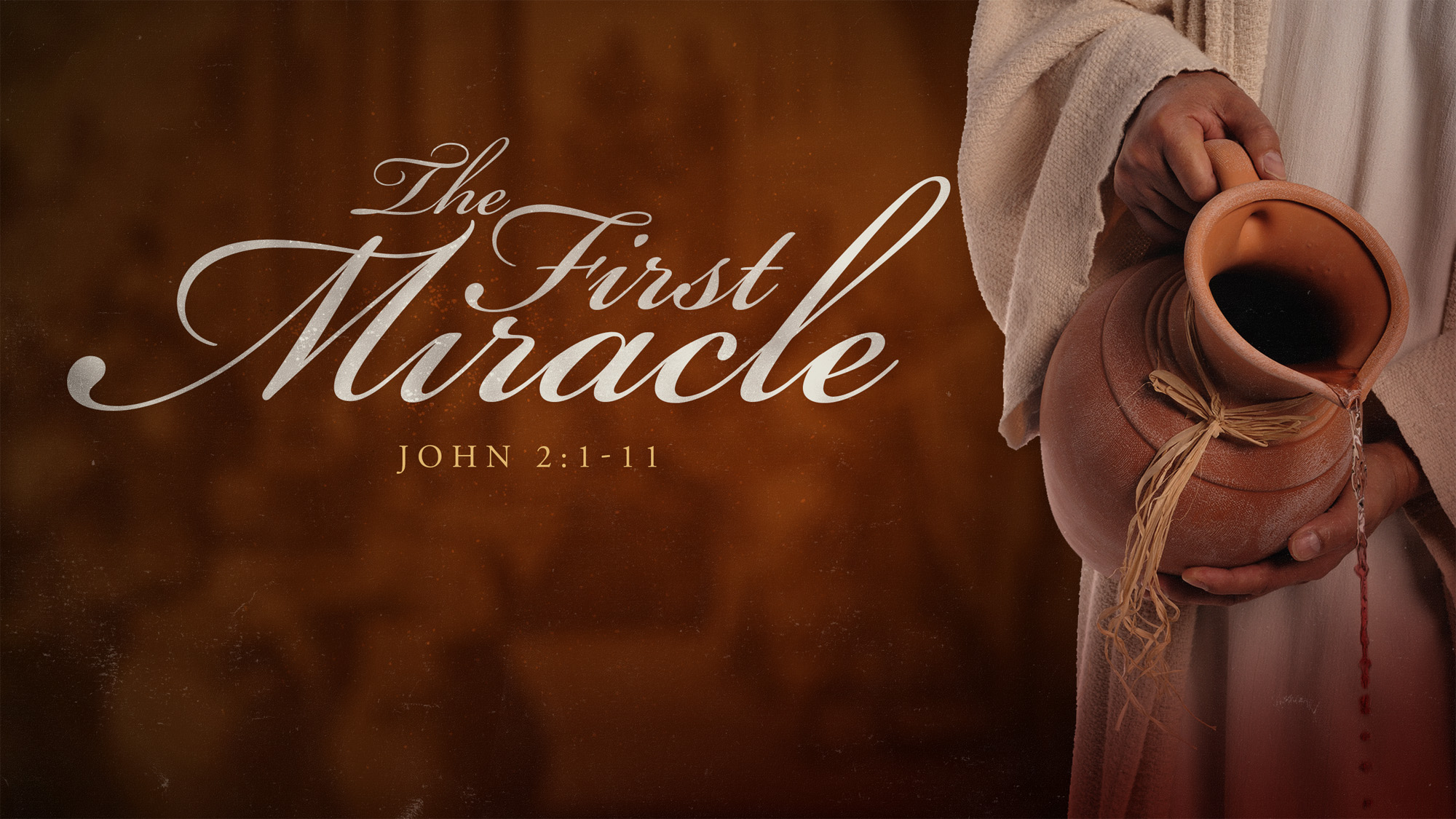
 I can imagine Mary noticing what was happening – a serious shortage of wine for the feast – and making a ‘sign’ to her son, Jesus. Then, THE ‘sign’ followed – that of Jesus, his miracle, changing the water into wine. This part is the one that remains imprinted in our memories, but the previous section is as important: the noticing and the feeling concerned, concerned enough to do something about the situation of need.
I can imagine Mary noticing what was happening – a serious shortage of wine for the feast – and making a ‘sign’ to her son, Jesus. Then, THE ‘sign’ followed – that of Jesus, his miracle, changing the water into wine. This part is the one that remains imprinted in our memories, but the previous section is as important: the noticing and the feeling concerned, concerned enough to do something about the situation of need.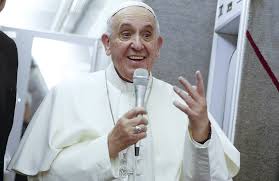
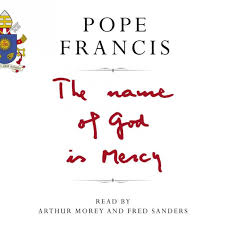
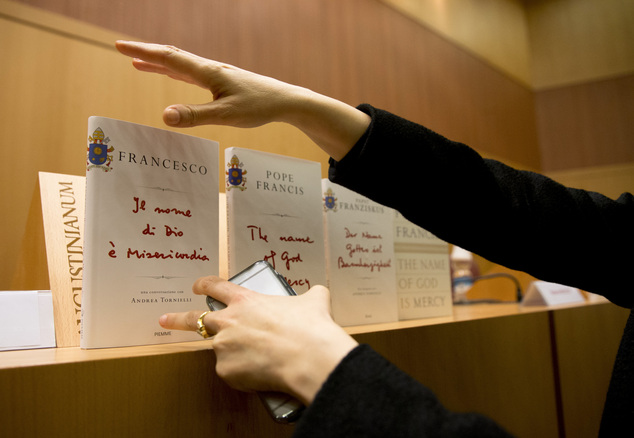
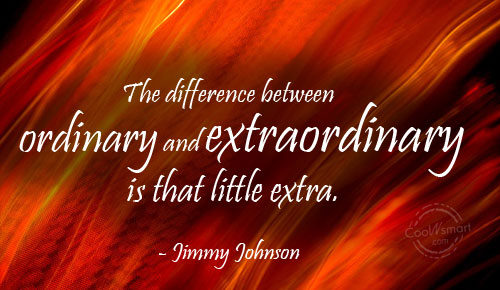 Christmas has gone by, the New Year has been with us for 10 days now, and we have celebrated the Feast of the Baptism of the Lord – so we are back to ‘ordinary time’, or… are we?
Christmas has gone by, the New Year has been with us for 10 days now, and we have celebrated the Feast of the Baptism of the Lord – so we are back to ‘ordinary time’, or… are we? I heard a sad but very inspiring story which I will share here with you. A woman pregnant with her first child became very sick during the fourth month of her pregnancy. Her condition was very serious and the doctor soon realised that she did not have a chance of remaining alive herself unless he prescribed some medication that could have negative effects on the child. He made this clear and told the women that she needed to decide very soon as it was a matter or urgency It was also obvious that at this stage the foetus would not live on its own. After much soul searching on the part of the mother-to-be and her husband, it was decided that the treatment should be administered. The woman survived and the pregnancy came to its full nine months when the woman gave birth to a baby boy. She was overjoyed.
I heard a sad but very inspiring story which I will share here with you. A woman pregnant with her first child became very sick during the fourth month of her pregnancy. Her condition was very serious and the doctor soon realised that she did not have a chance of remaining alive herself unless he prescribed some medication that could have negative effects on the child. He made this clear and told the women that she needed to decide very soon as it was a matter or urgency It was also obvious that at this stage the foetus would not live on its own. After much soul searching on the part of the mother-to-be and her husband, it was decided that the treatment should be administered. The woman survived and the pregnancy came to its full nine months when the woman gave birth to a baby boy. She was overjoyed. You may be surprised to read that this story came back to my mind as I reflected on the readings of this Feast of the Baptism of the Lord. In the gospel (Luke 3:15-16,21-22), the Father used the same language about his Son whom he called « the Beloved ». Of course, Jesus had no blemish or defect of any kind. No, the story made me think of… ourselves and how the Father looked on us at our baptism! We were – we are – truly his beloved ones, we are precious in his sight and he loves us more than any human mother can cherish her new-born. He is not blind to our faults and defects, our sins ans miseries of all kinds. But none of these can prevent him from loving us. At times, we make serious efforts to ‘beautify’ ourselves in his sight, and surely our efforts must be pleasing to him as they express our desire to become more as he wants us to be. But, above all, it is not so much what we do that can make us more pleasing to him but what we allow him to do in us!
You may be surprised to read that this story came back to my mind as I reflected on the readings of this Feast of the Baptism of the Lord. In the gospel (Luke 3:15-16,21-22), the Father used the same language about his Son whom he called « the Beloved ». Of course, Jesus had no blemish or defect of any kind. No, the story made me think of… ourselves and how the Father looked on us at our baptism! We were – we are – truly his beloved ones, we are precious in his sight and he loves us more than any human mother can cherish her new-born. He is not blind to our faults and defects, our sins ans miseries of all kinds. But none of these can prevent him from loving us. At times, we make serious efforts to ‘beautify’ ourselves in his sight, and surely our efforts must be pleasing to him as they express our desire to become more as he wants us to be. But, above all, it is not so much what we do that can make us more pleasing to him but what we allow him to do in us!
